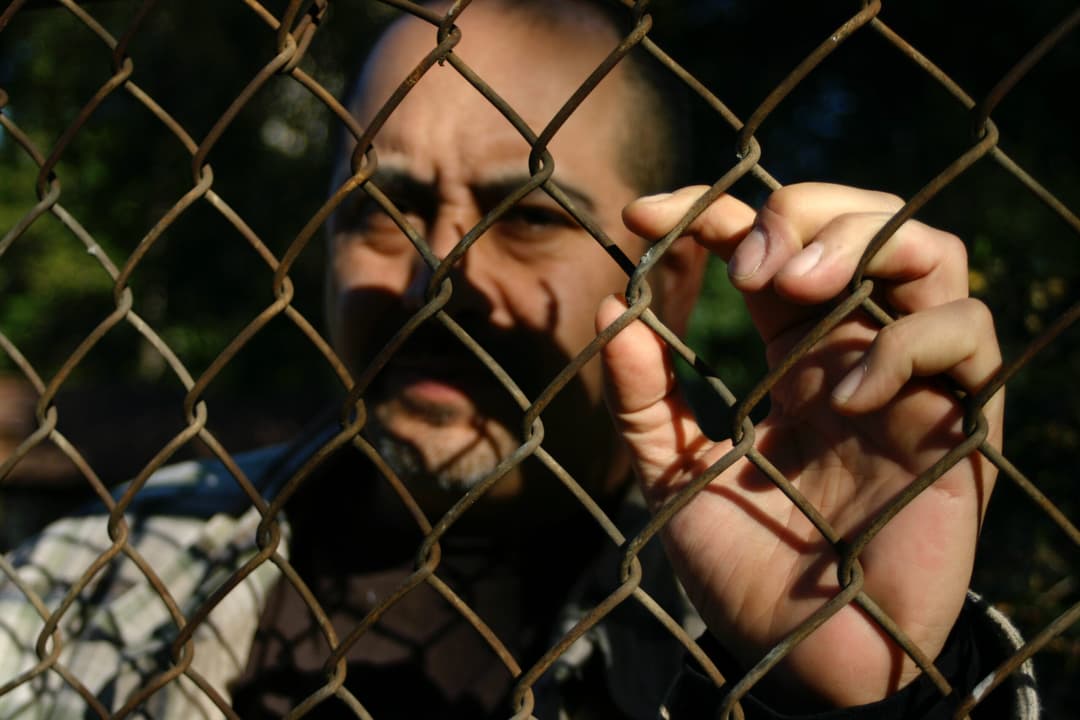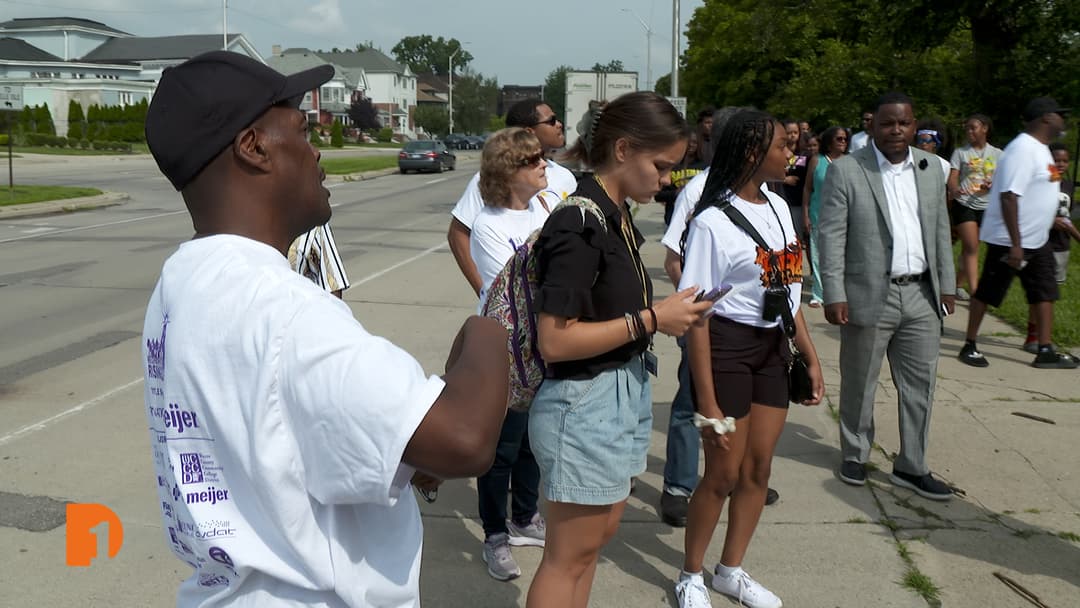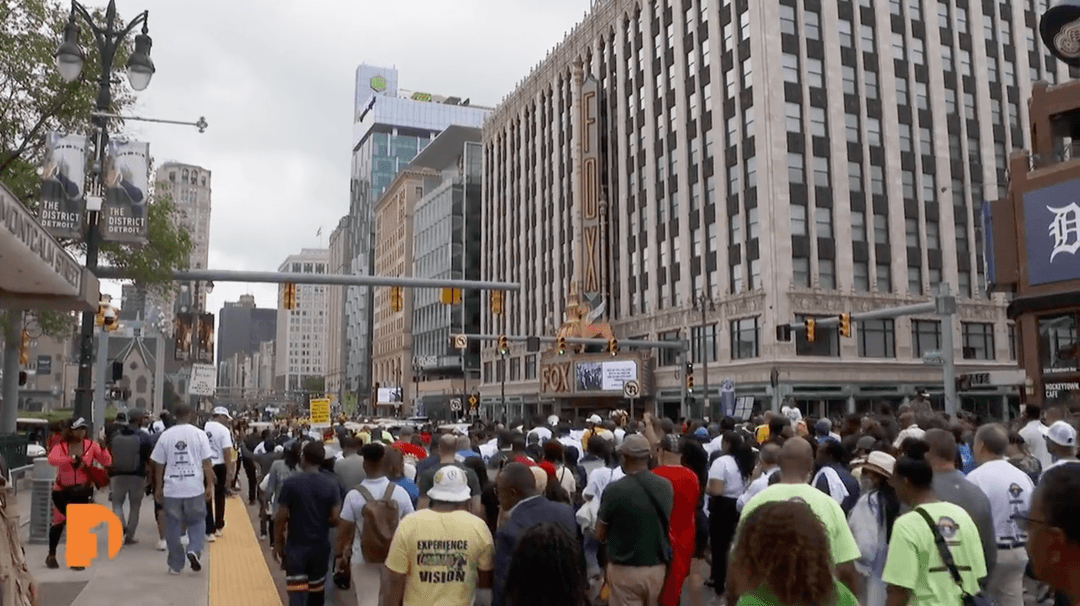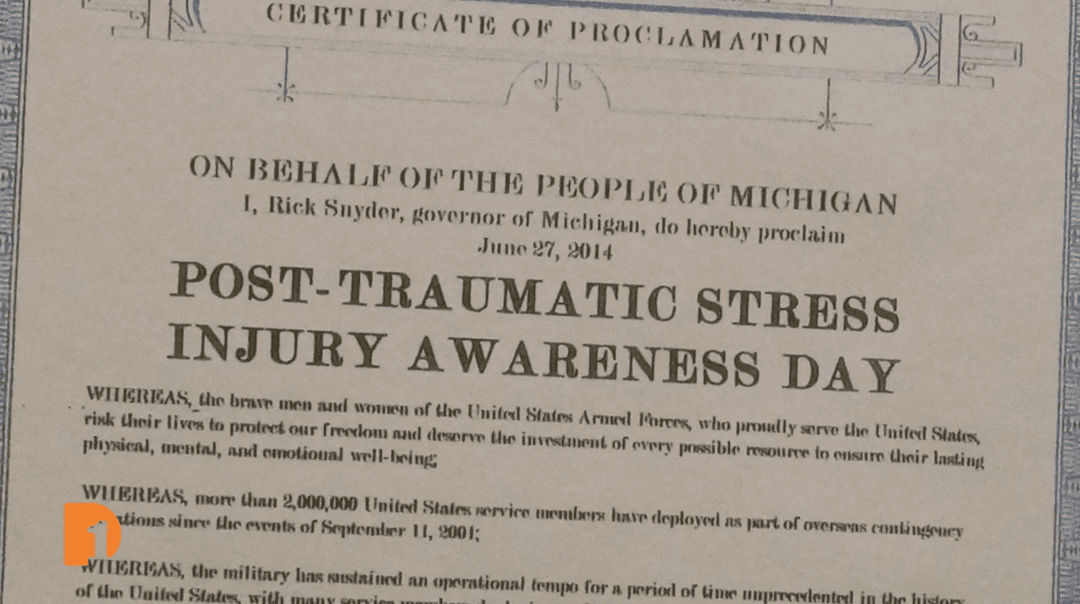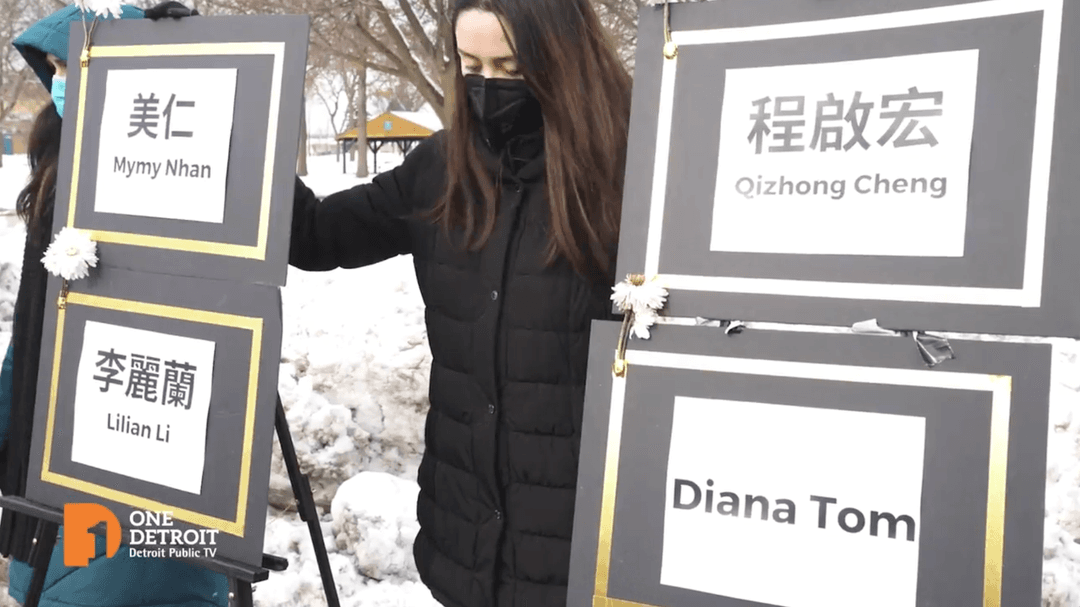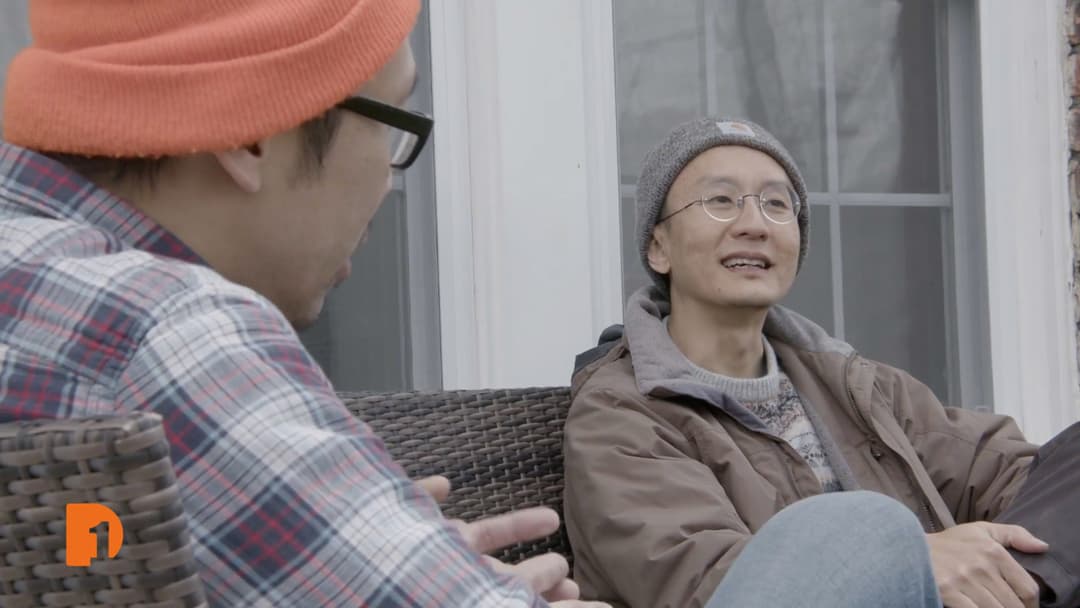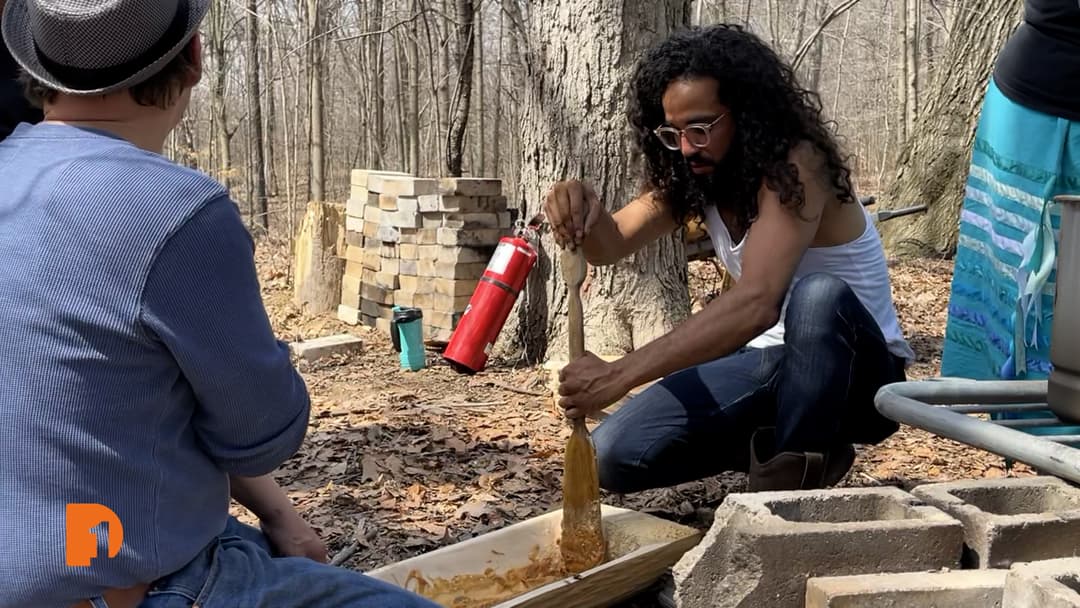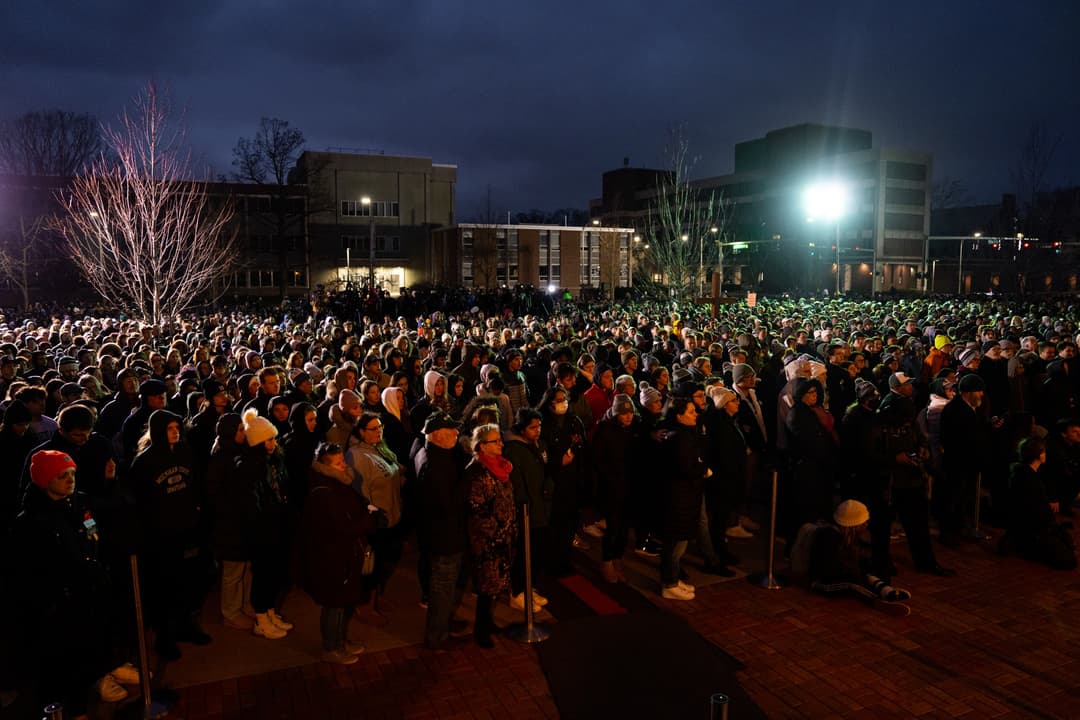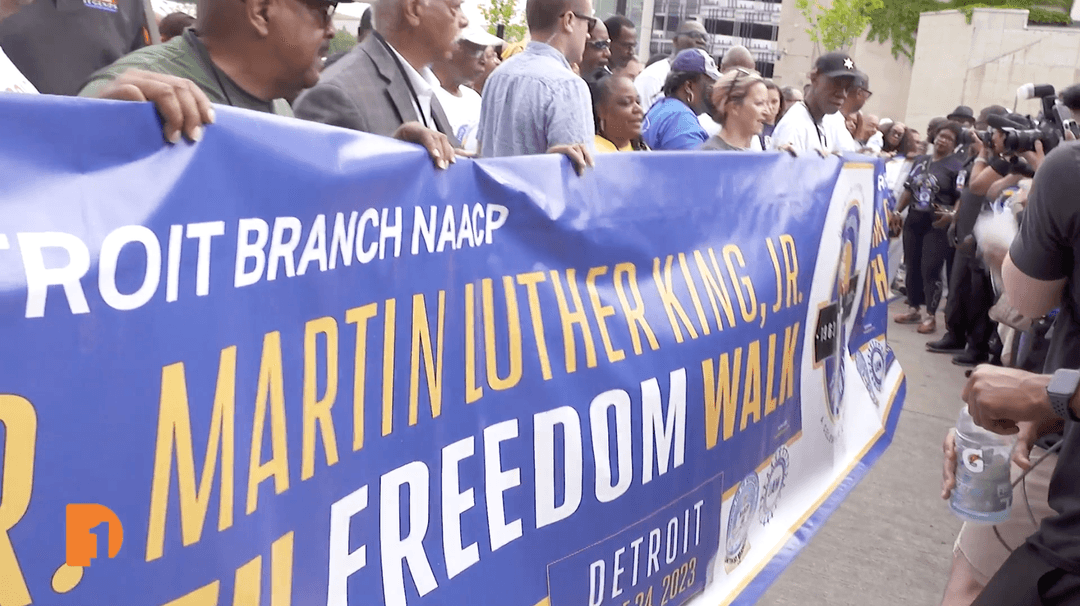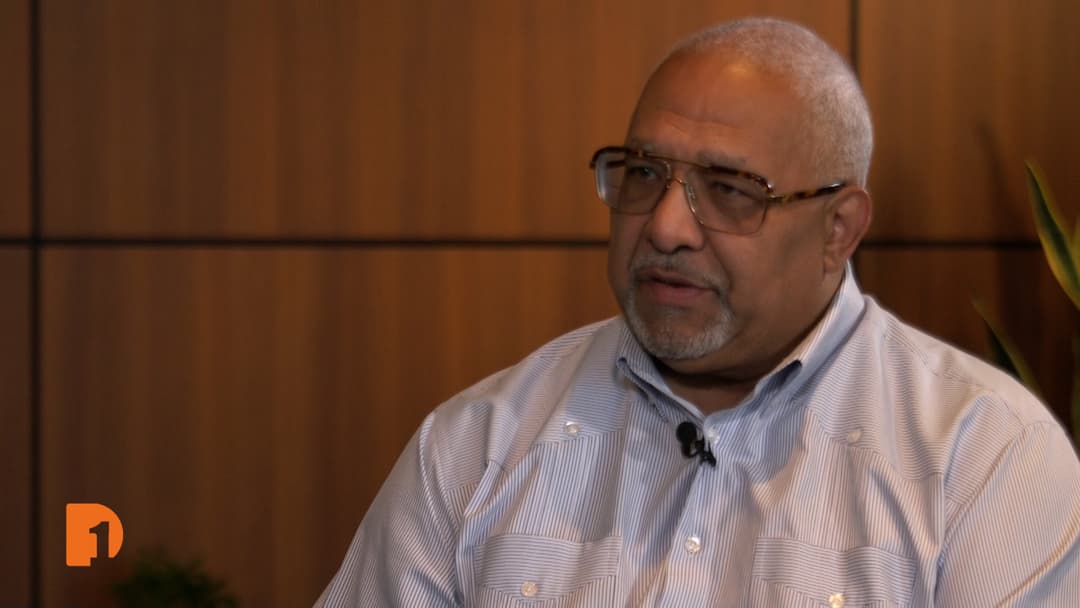Michigan veterans commemorate Memorial Day with reflection and remembrance
May 24, 2024
This post was originally published on May 25, 2023. It was updated and republished on May 24, 2024.
Since 1868, Memorial Day has been a time to honor fallen soldiers from every branch of the United State Military. The holiday holds deep personal significance for Michigan’s veterans, as it serves as a poignant reminder of the sacrifices made by their fellow servicemen and women. For individual veterans across the state, the day is a time of reflection, remembrance and honoring the memories of their comrades.
The annual holiday also serves as a reminder to the broader community of its ongoing duty to support living veterans. It spotlights discussions about the challenges Michigan’s veterans face, from physical and mental health issues to housing insecurity and more, and encourages the community to rally behind them with compassion and resources.
In recognition of Memorial Day, One Detroit contributor Bryce Huffman sat down with three veterans at the Royal Oak Veterans of Foreign Wars (VFW) Post 1669 — 103-year-old World War II Army veteran Houston Pritchett, Vietnam Air Force veteran Mike Sand and Vietnam Marine Corps veteran Phillip Smith — to learn what the holiday means to each of them and how they commemorate it.
Plus, they talk about where each of their military service journeys began, what family and friends thought about their decision to enlist, the impact of survivor’s guilt and whether they’ve felt it personally, and how they choose to honor fallen veterans beyond the annual holiday.
Full Transcript:
Bryce Huffman, Reporter, BridgeDetroit: Since 1868, Memorial Day has been a time to honor fallen soldiers from every branch of the U.S. military. At the VFW or Veterans of Foreign Wars post in Royal Oak, we sat down with three veterans to talk about how each of them commemorates the holiday. So, Houston, tell me again, how did you begin serving?
Deborah Pritchett: How did you begin serving in the Army?
Houston Pritchett, WWII Army Veteran: I began to serve in the army, in 1943. When they drafted me.
Bryce Huffman: This is Houston Pritchett, a 103-year-old World War Two veteran, and his daughter, Deborah. Pritchett is hard of hearing, so his daughter helped relay my questions. To his right are Mike Sand and Phillip Smith. Both are Vietnam veterans. And Mike, how did you begin serving?
Mike Sand, Vietnam Air Force Veteran: I was drafted, and rather than be drafted, I enlisted in the Air Force for four years as opposed to two.
Bryce Huffman: All right. How about you Phill?
Phillip Smith, Vietnam Marine Corps Veteran: The draft was going on. My neighbor or friend of mine came to my door, knocked on it and said, what are you doing? I said, well going to work. He said no you’re not. Let’s go down the Marine Corps and join. And I did.
Bryce Huffman: So tell me, when you first joined, how did friends and relatives respond to that?
Houston Pritchett: Friends and relatives didn’t respond too good when I first went in the Army. They were kind of upset.
Bryce Huffman: Why is that?
Houston Pritchett: I never did get around to figuring that out because I was scared about going.
Bryce Huffman: And when you joined, what did people think in your life?
Mike Sand: Well, of course, the 60’s was a difficult time. You had the Peaceniks and the Patriots. And my father was World War Two. My uncles were Korea. And I felt it was my obligation to serve. And I figured if I was going to serve, I’d gain something out of it. So the Air Force was kind enough to accept and a lot of my friends. I was kind of drafted when the war was really picking up 1967, and I had been dating my high school sweetheart for two and a half years. And rather than be drafted, I joined. So I said, um, I won’t be I won’t be back for four years. Do you think we should get married? Before I said marriage she said yes. So we married right out of high school and spent four years together in the military.
Bryce Huffman: Nice. And how about you, Phill? How did people in your life respond?
Phillip Smith: It’s kind of funny because a recruiter thought I wasn’t old enough. I wasn’t 18, and I was. And he told me I had to get a signature from my parents to go in. I said, I’m already 18. It doesn’t matter. You don’t look old enough. So I got my stepfather to sign the paperwork. My dad was already in the Army. He was a stone guard. He was a P.O.W. prior to World War Two, and he was proud. He didn’t think I would ever make it in the Marine Corps because of how they are. But I got through the basic and went on. So. But everybody was proud.
Bryce Huffman: Tell me about a friend you served with who unfortunately didn’t get to make it back home.
Mike Sand: I was involved in the air war, spent time in Thailand, and we did the bombings of North Vietnam, Laos, Cambodia, Operation Rolling Thunder. We lost many pilots, many pilots. We had two reconnaissance aircraft crash. One had 19 guys on board. The other one had 21 guys on board. So there’s a lot of folks on the wall that I didn’t have personal contact with, but they’re with me today. So I can just say that I’m sad. I’m sad about it.
Bryce Huffman: Veterans are sometimes filled with survivor’s guilt, feeling bad that they came home while others did not. Smith says instead of feeling guilty, he just remembers those who didn’t come home.
Phillip Smith: And I we continue on, and I dealt with a lot of veterans. The job I had, I was a veteran service rep. And you deal with those all the time. And you still remember some a lot of them, especially members in your organizations that have passed on.
Bryce Huffman: All right. And how about you, Mike? Did you ever deal with survivor’s guilt?
Mike Sand: Well, I’m glad to be here. And I feel for those who haven’t. I’ve Been to the wall twice in Washington, D.C., We named my VFW post after World War One guy and a World War two hero. And I guess you could say we feel guilty because we’re here and they’re not. But we did what we had to do, and that’s why we served the manner that we do.
Bryce Huffman: Did you ever experience that and how did you process that?
Deborah Pritchett: Did you experience survivor’s guilt? And if you did, how did you handle it?
Houston Pritchett: No. Nothing to feel guilty about. I didn’t figure. I was doing the best I could, get the job done and come home with my family. I didn’t feel guilty about it at all.
Bryce Huffman: How do you honor your fallen comrades and other veterans in your everyday life?
Houston Pritchett: Just to get down to it. I just let the everyday life go on. Nothing I could do about it. I’ve done the best I could. And I’m glad it’s over and I hope nothing like that don’t happen again.
Bryce Huffman: And I just have one more question. How do you personally celebrate Memorial Day and why is it important?
Phillip Smith: Memorial Day is a day of remembrance of those who have went before us the ones who have fallen. I celebrate, I guess I go to Memorial Day Parade, Dearborn. I’m part of that. Probably of the last, I don’t know, ten, 12 years or more.
Mike Sand: I encourage people to go out and celebrate Memorial, not just shopping at the store, not just having picnics, not just get together, but appreciate what we call the guardians. And I don’t care if the guardians are your police and fire, your National Guard. Homeland Security, our military people. They put their lives on the line and we’re going to be participating in the St. Clair Shores 70th Parade. They honor veterans like you wouldn’t believe. There’s 14 conflicts that Detroiters have served in over the years, and we’re not appreciated.
We have the Montford Point Marines, we have the Tuskegee Airmen, we have the Triple Nickel Airborne Fellows. We have 1,500 junior ROTC cadets marching our Veterans Day parade. Why aren’t they being recognized? And I’m asking the city of Detroit to help us provide a veterans memorial in the city in a prominent place so we can recognize all these people and encourage our young junior ROTC cadets and our young Marines and our Air Force cadets because the service I will tell you, the service probably saved my life. And I’ve gained so much from that, and I’ve given it back.
Stay Connected:
Subscribe to One Detroit’s YouTube Channel and don’t miss One Detroit on Thursdays at 7:30 p.m. and Sundays at 9 a.m. on Detroit PBS, WTVS-Channel 56.
Catch the daily conversations on our website, Facebook, Twitter @OneDetroit_PBS, and Instagram @One.Detroit
View Past Episodes >
Watch One Detroit Thursdays at 7:30 p.m. ET on Detroit PBS, WTVS-Channel 56.
Stay Connected
Subscribe to One Detroit’s YouTube Channel and don’t miss One Detroit on Thursdays at 7:30 p.m. and Sundays at 9 a.m. on Detroit PBS, WTVS-Channel 56.
Catch the daily conversations on our website, Facebook, Twitter @OneDetroit_PBS, and Instagram @One.Detroit
Related Posts
Leave a Reply
Your email address will not be published. Required fields are marked*

